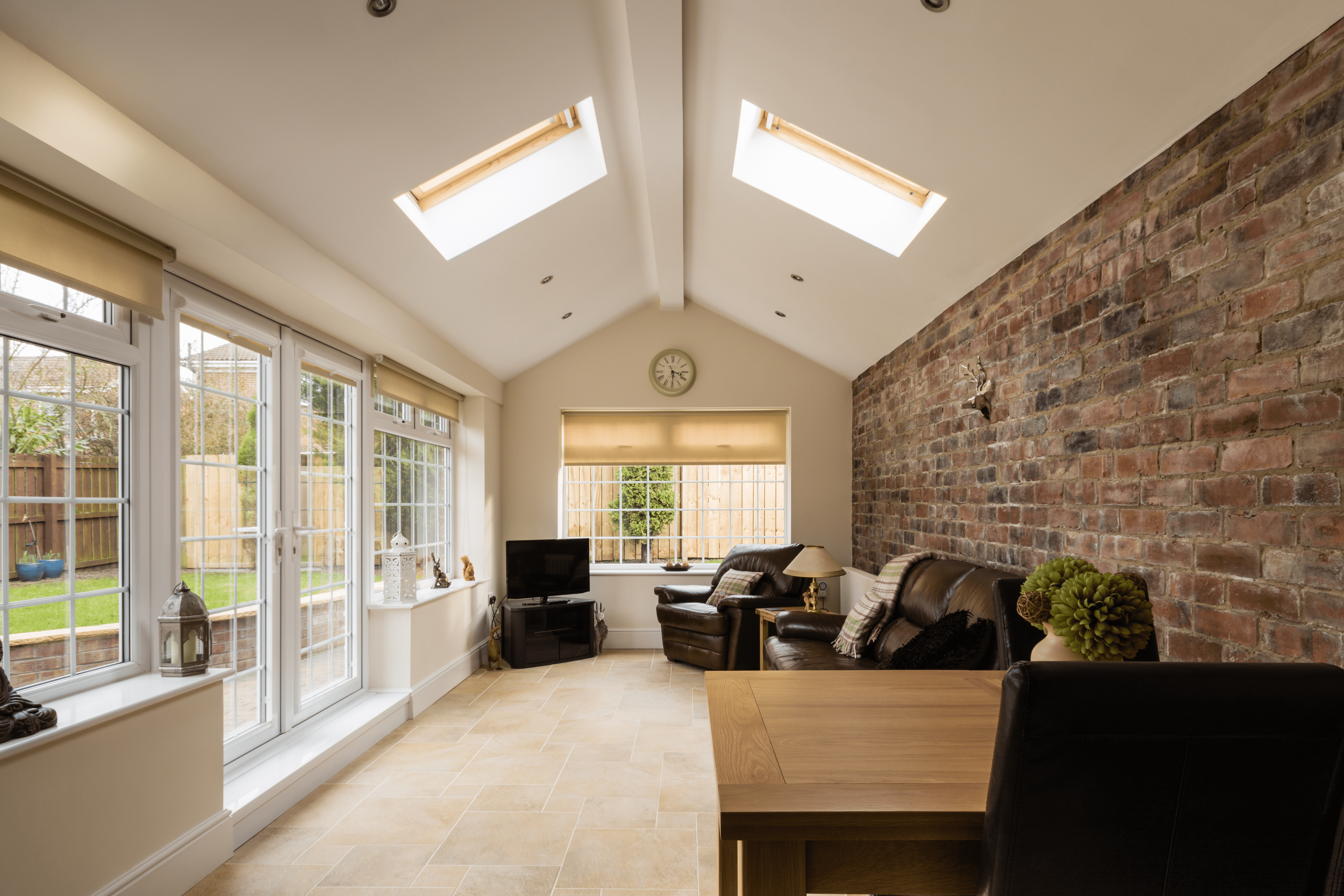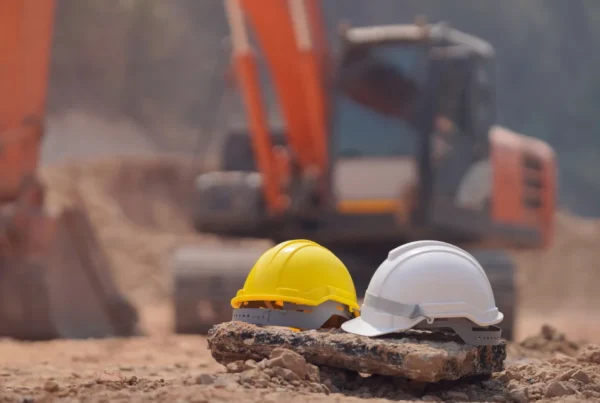You know you need more room, you are feeling the squeeze, but don’t want to have the upheaval of moving to a new home. So you realise you need to start thinking creatively. If you want to capitalise on the space you already own, then a house extension may be the way to go. You start dreaming of the swanky home office, or sleek home gym, or a cinema room to keep the kids entertained.
But before your mind runs away with you though, it’s important to try and be realistic about the space you are working with. With a massive variety of options, it can be tricky to know what kind of extensions would fit your lifestyle and your home. So here are our top picks of extension types and the main pros and cons for each, to help you reach your goal.
Loft extensions
Extending into the loft can be a relatively stress-free way to get more room in your home. Depending on the scale of your conversion, these often do not require planning permission and could be a fantastic way to utilise space that is often just used to store junk.
Pro:
It’s relatively cheaper than getting a rear extension, and also means that you don’t lose garden space. While it is still an investment, as the foundation structure is already up then it can work out more cost-efficient than having to build a foundation from scratch.
Con:
Not all homes are suitable for a loft conversion. Those with lower roofs would have to do some major restructuring in order to make the conversion feasible. It is worth consulting with an expert before you make the decision to only consider a loft conversion.
Above/internal garage
If you have a garage already connected to your property then this is another great way to rework the space you already have. Similar to loft spaces, garages tend to be black holes when it comes to storage, but they are often a comfortable size to renovate and change purpose into a room. Instead of doing an internal conversion, extending up on top of a garage is another way to utilise what could be dead space, and means that you save the storage/parking beneath.
Pro:
Extending into a garage can be a great motivation to sort through the belongings that you inevitably accumulate. Making use of the space can bring a higher quality of life and give you a lot of value for your living space.
Con:
If you are swapping car parking space for an extra room then that may affect how buyers will view your property in the future. Before making the leap it might be a good idea to see what other properties in your area are going for, and if having a garage affects that price.
Rear extension
This is one of the simplest of the house extension types as it extends from the back of the house, often from the kitchen, into the garden space. If you are looking for a bit more dining or family space then this is one of the most common and flexible ways to extend your home.
Pro:
With a rear extension, there are a variety of designs and finishes that will mean you are able to customise the build to your specifications. A rear extension can also bring more light into the back of the house, enhancing the floor.
Con:
When considering this type of extension you may have to get planning permission from the local authorities, and also may have to consider the effect on your neighbours if you are building up. Talk to your architect or contractor about this, and find out what application process you would need
SIPs
If you do decide to extend to the rear or side of your home then using pre-built materials such as SIPs (Structural Insulated Panels) is a great option. They are created to your specifications and sent ready to be used for the project.
Pro:
The best thing about using SIPs is the speed of the build. Not only do the walls come pre-made, ensuring speedy assembly on your end, but they don’t have to rely on the traditional concrete foundations. Using ground screws instead of concrete cuts out ground preparation and setting time, meaning that you could literally have your extension up and ready to go in a matter of days.
Con:
Because they come precisely cut to your specifications, SIPS leave little room for changes on the design last minute. So it’s important that all parties sign off on the design before the build.
Ground screws can not only save you time and money when you look at your foundation but are also much better for the environment.
If you would like to talk to us about how you could use Stop Digging ground screws to extend your space then please get in touch on: SALES@STOPDIGGING.CO.UK or 020 3970 3979





